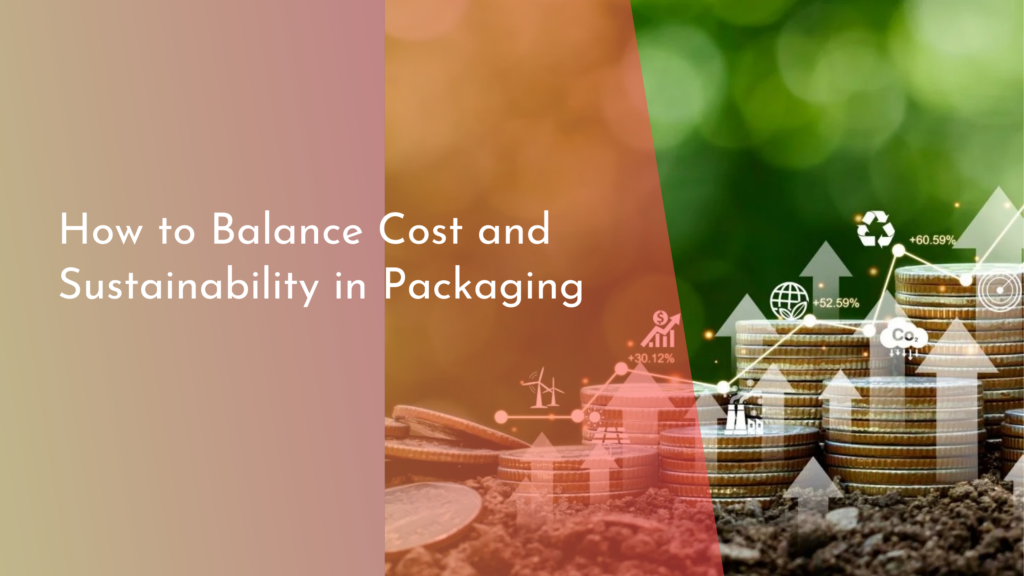Role of Rainwater Harvesting in Urban Food Security Programs
Urban areas around the globe are facing increasing challenges in ensuring food security due to rapid population growth, climate change, and limited access to natural resources. Rainwater harvesting (RWH) emerges as a promising solution that not only addresses water scarcity but also enhances urban agricultural productivity. By capturing and utilizing rainwater, cities can improve their resilience against climate-related shocks while promoting sustainable food systems. This article will explore the role of rainwater harvesting in urban food security programs, highlighting its benefits, innovative techniques, and the importance of community involvement.
Harnessing Rainwater: A Pathway to Urban Food Security
Rainwater harvesting serves as a vital pathway to enhancing urban food security by providing a reliable source of water for agricultural practices. In urban settings, where space is often limited, traditional irrigation methods may not be feasible. RWH allows for the collection and storage of rainwater from roofs and other surfaces, which can then be used to irrigate gardens, green roofs, and community farms. This alternative water source can significantly reduce dependency on municipal water supplies, which are often stressed during dry periods.
Moreover, RWH systems can be tailored to meet the needs of urban farmers, regardless of the scale of operation. Small-scale interventions, such as rain barrels or cisterns, can be implemented in residential areas to collect rainwater for personal gardens, while larger systems can support community gardens and urban farms. By promoting the use of RWH, cities can create a more localized and sustainable food production system, ultimately contributing to greater food security for their inhabitants.
Benefits of Rainwater Harvesting for Urban Agriculture
The benefits of rainwater harvesting extend beyond merely providing an alternative water source; they also contribute to increased agricultural productivity and environmental sustainability. Utilizing harvested rainwater allows urban farmers to cultivate crops year-round, even during dry spells, thereby enhancing overall yield and food availability. This consistency can help stabilize food prices and improve access to fresh produce in urban areas, particularly those that are food deserts.
Additionally, rainwater harvesting helps mitigate urban flooding and reduces the burden on stormwater drainage systems. By capturing rainwater before it reaches the ground, cities can minimize runoff and decrease the risk of waterlogging, which can damage crops and infrastructure. This dual benefit of RWH—supporting urban agriculture while promoting better water management—positions it as an essential component in urban sustainability initiatives and food security programs.
Innovative Techniques to Maximize Rainwater Use
Urban areas are continually evolving, and so too are the innovative techniques employed to maximize rainwater usage in agriculture. Techniques such as rain gardens and permeable pavements are designed to enhance water infiltration and storage, allowing rainwater to be absorbed naturally into the soil. These approaches not only improve the efficiency of rainwater harvesting but also contribute to enhanced biodiversity, as they create habitats for various plant and animal species within the urban landscape.
Furthermore, implementing smart technology can elevate the effectiveness of RWH systems. Sensors and automated irrigation systems can monitor soil moisture levels and rain forecasts, optimizing water usage and preventing waste. By integrating technology with traditional methods, urban farmers can ensure that their crops receive the right amount of water at the right time, ultimately leading to healthier plants and more robust harvests.
Community Engagement: Building Resilience Together
Community engagement is crucial for the success of rainwater harvesting and urban food security programs. Encouraging participation from local residents fosters a sense of ownership and responsibility toward sustainable practices. By organizing workshops and educational events, communities can learn about the benefits of RWH, how to implement systems in their own spaces, and the importance of growing food locally. This knowledge-sharing cultivates a culture of sustainability and resilience, empowering individuals to take action.
Moreover, collective efforts can lead to the establishment of community gardens and food cooperatives that utilize rainwater harvesting systems. These community-driven initiatives not only enhance food production but also strengthen social bonds among residents. By working together, communities can create supportive networks that provide resources, share knowledge, and advocate for policies that promote urban agriculture and water management, ultimately contributing to long-term food security.
In conclusion, rainwater harvesting plays a pivotal role in enhancing urban food security by providing a sustainable water source for agricultural practices. Its numerous benefits, innovative techniques, and potential for community engagement make it a powerful tool in the fight against food insecurity in urban settings. As cities continue to grow and face environmental challenges, embracing rainwater harvesting can pave the way for resilient, food-secure communities. By working collaboratively, urban residents can cultivate a greener future where access to fresh food is a fundamental right for all.


